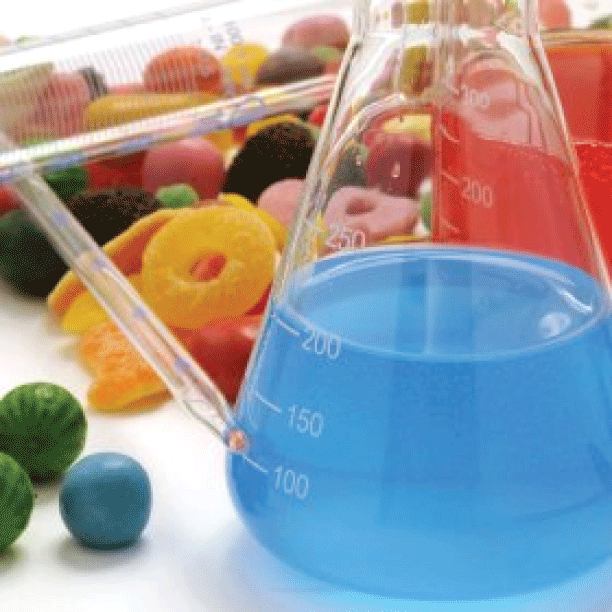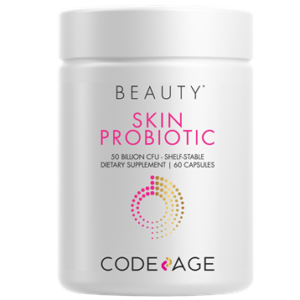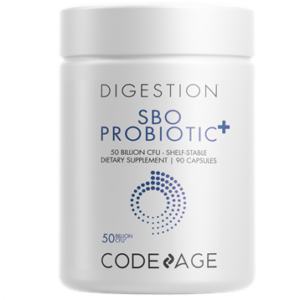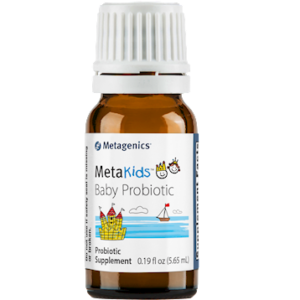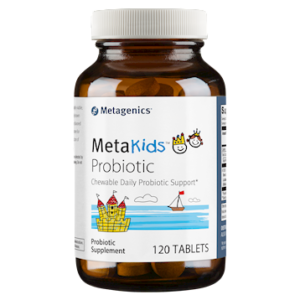ADHD
“Love every child without condition, listen with an open heart, get to know who they are, what they love, and follow more often than you lead.”― Adele Devine
SUGGESTIONS & GOALS
Avoid: All refined sugars, food additives such as calcium silicate, BHT, BHA, benzyl peroxide, Azo dye derivatives, flavorings, colorings, preservatives, emulsifiers, MSG, mineral salts, nitrates, sulfites, thickeners, vegetable gums, chronic antibiotic use, hydrogenated oils, safflower, sunflower, corn oils.
ADHD is greatly influenced by diet. Careful avoidance of certain foods can improve or reverse this condition. Find out if any allergies are involved, have a hair mineral analysis done to detect heavy metal accumulation. Environmental allergies and Candidiasis may also be involved.
See additional information below.
ADHD, or Attention Deficit Hyperactivity Disorder, is a mental health condition characterized by unusual levels of hyperactivity and impulsive behaviors. People with ADHD often struggle with focusing their attention on a single task and may find it challenging to sit still for extended periods. These symptoms of inattention and fluctuating energy levels are more pronounced and frequent in individuals with ADHD compared to those without the condition.
ADHD can significantly impact various aspects of life, including studies, work, relationships, and home life. It’s worth noting that ADHD can affect both children and adults, and it is recognized as a diagnosis by the American Psychiatric Association (APA).
Research shows that ADHD might be linked to lower levels of dopamine, a chemical that helps nerves communicate and regulates emotions and movements. Studies also found differences in brain structure among people with ADHD, like less gray matter volume. Gray matter includes speech, self-control, decision-making, and muscle coordination.
Scientists are investigating various factors that may contribute to ADHD, including genetics, brain injury, exposure to environmental risks like lead, alcohol and tobacco use during pregnancy, premature delivery, and low birth weight. Of course, I am looking for the studies on childhood vaccinations. .
The impact of artificial food colors (AFCs) on children’s behavior has been studied for over 35 years. Recent evidence suggests that AFCs can have a small but significant adverse effect on behavior in children, even those without ADHD.
Millions of children in the U.S. have been diagnosed with ADHD. Boys are more commonly diagnosed than girls, and Black and White children are diagnosed more often than Hispanic or Asian children. Seventy seven percent of diagnosed U.S. children receive treatment, with notable variation among states, with Mississippi having the highest and California having the lowest prevalence.
Approximately 35% to 78% of children with ADHD continue to experience symptoms into adulthood, impacting their earning potential and even increasing mortality risks. The economic burden of adult ADHD is substantial, reaching $122.8 billion due to unemployment, productivity loss, and healthcare costs.
When managing ADHD, avoiding certain foods is advisable. These include:
- Food Additives: Artificial food dyes, mainly red and yellow dyes, have been linked to exacerbating ADHD symptoms in children. Additionally, blue artificial food colorings can have adverse effects on ADHD symptoms. These additives may alter neurotransmitter levels, contribute to nutritional deficiencies, and trigger allergic reactions. It’s crucial to avoid processed foods containing additives and opt for whole foods with minimal ingredients whenever possible.
- Sugary foods: Sugary treats like soda, candy, cake, or cookies. Limiting these foods to less than 10% of daily calorie intake is recommended.
- Simple carbs: Foods containing corn syrup, honey, sugar, white flour products, white rice, and potatoes without skins can cause spikes in blood sugar levels and should be consumed in moderation.
- Unhealthy fats: Saturated fats found in butter, ghee, lard, coconut oil, palm oil, dairy products, and certain meats can elevate cholesterol levels and increase the risk of heart disease. Aim to keep saturated fat intake between 5%-6% of daily calorie intake.
- Caffeine: While a cup of coffee or tea may temporarily boost focus, excessive caffeine consumption can exacerbate symptoms of ADHD and may interfere with prescribed medications. Energy drinks, soda, and chocolate should also be consumed in moderation.
By being mindful of dietary choices and their potential impact on ADHD symptoms, you can complement other treatment strategies to manage the condition better and improve overall health.
Probiotics Kids & Adults
-
Sale!
 Quick ViewAdd to cart
Quick ViewAdd to cartMegaSporeBiotic 60 caps
Original price was: $63.99.$54.40Current price is: $54.40. -
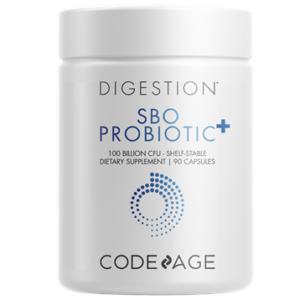 Quick ViewAdd to cart
Quick ViewAdd to cartSBO Probiotic 100 90 caps
$39.99 -
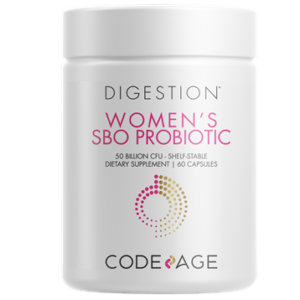 Quick ViewAdd to cart
Quick ViewAdd to cart
-
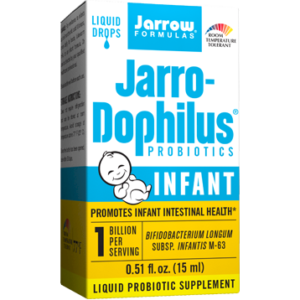 Quick ViewAdd to cart
Quick ViewAdd to cart
-
 Quick ViewRead more
Quick ViewRead moreRaw Probiotics Kids
$32.99 -
 Quick ViewAdd to cart
Quick ViewAdd to cartPrimal Defense Kids 76.8 g
$34.99 -
 Quick ViewAdd to cart
Quick ViewAdd to cart
-
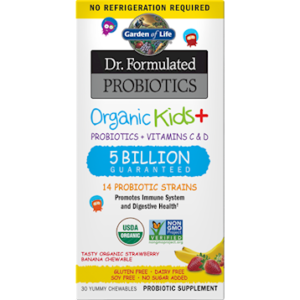 Quick ViewAdd to cart
Quick ViewAdd to cart
-
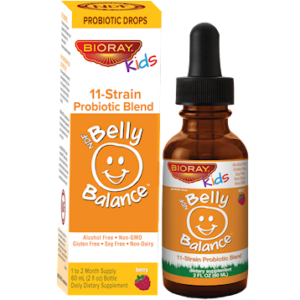 Quick ViewSelect options This product has multiple variants. The options may be chosen on the product page
Quick ViewSelect options This product has multiple variants. The options may be chosen on the product pageNDF Belly Balance Berry 2 fl oz
$29.99 – $49.99
